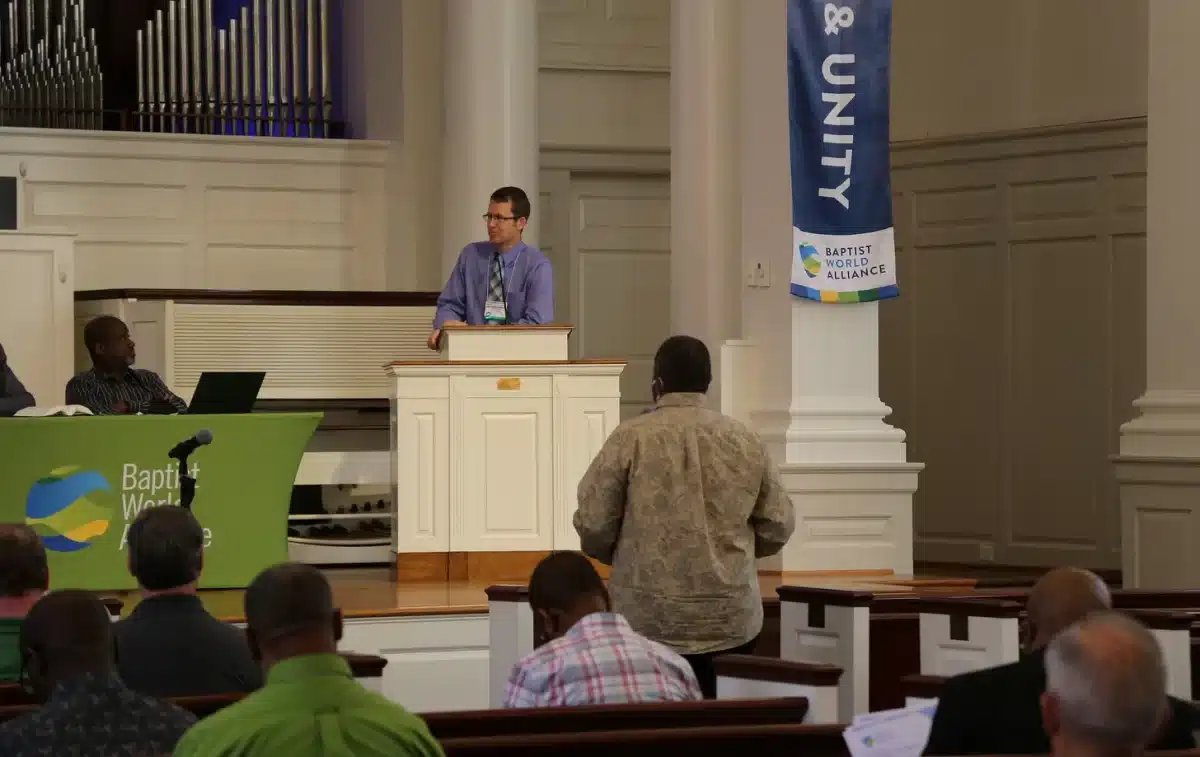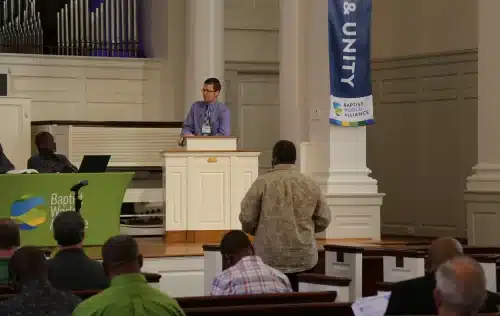
January is wrapping up in a few days, which means most people have likely already broken their New Year’s resolutions. Research shows most such resolutions to exercise more, eat better, spend less, or generally be a better person are abandoned within the first month. (I assume readers of A Public Witness are better than average, so maybe you’re still going.)
That doesn’t mean the failed resolutions were all for naught. In addition to the people who keep their resolutions and improve who they are as a person, many others who “fail” actually do some of it. Sure, maybe you didn’t keep your resolution to exercise at the gym three times a week, but if you make it once or twice each week that still adds up. Or maybe you resolved to stop cursing. You failed yesterday after that @%#$ jerk cut you off in traffic, but perhaps you are still cursing less.
“If your resolutions do not last beyond the 2nd, you can start again on the 3rd,” argued Brendan Kelly, author of The Science of Happiness. “Aim to improve, not to transform your life.”

Word&Way President Brian Kaylor, as chair of the Baptist World Alliance’s Resolutions Committee, moderates a conversation about a resolution during the BWA’s annual gathering in Birmingham, Alabama, on July 15, 2022. (Taylor Mitchell/The Alabama Baptist)
There’s another type of resolution that many people tend to write off as irrelevant: denominational resolutions (wait, keep reading!). I frequently hear pastors or other church leaders suggest official statements by denominational bodies don’t actually matter because they’re mere words — an especially odd comment when it comes from someone who walks to a pulpit each Sunday to merely offer words. While it’s true that denominational resolutions — like a New Year’s one — can be poorly designed, badly implemented, or thrown together with too many of them at once, that doesn’t prove resolutions are inherently a waste of time.
As the current chair of the Resolutions Committee for the Baptist World Alliance, I believe it matters when a large group decides to say something together. Words matter. And it turns out that just like New Year’s resolutions, there is proof that denominational resolutions can actually make a difference.
 Therefore, let it be resolved that this issue of A Public Witness will explore three examples from last year of impactful denominational resolutions to show why it matters when Christians decide to speak with one voice. The model resolutions include two statements decrying the historic mistreatment of Indigenous peoples (by the Evangelical Lutheran Church in America and the Southern Baptist Convention), and a Baptist World Alliance resolution about the war in Ukraine (with exclusive comments from a Ukrainian leader about its impact).
Therefore, let it be resolved that this issue of A Public Witness will explore three examples from last year of impactful denominational resolutions to show why it matters when Christians decide to speak with one voice. The model resolutions include two statements decrying the historic mistreatment of Indigenous peoples (by the Evangelical Lutheran Church in America and the Southern Baptist Convention), and a Baptist World Alliance resolution about the war in Ukraine (with exclusive comments from a Ukrainian leader about its impact).
The rest of this piece is only available to paid subscribers of the Word&Way e-newsletter A Public Witness. Subscribe today to read this essay and all previous issues, and receive future ones in your inbox.






